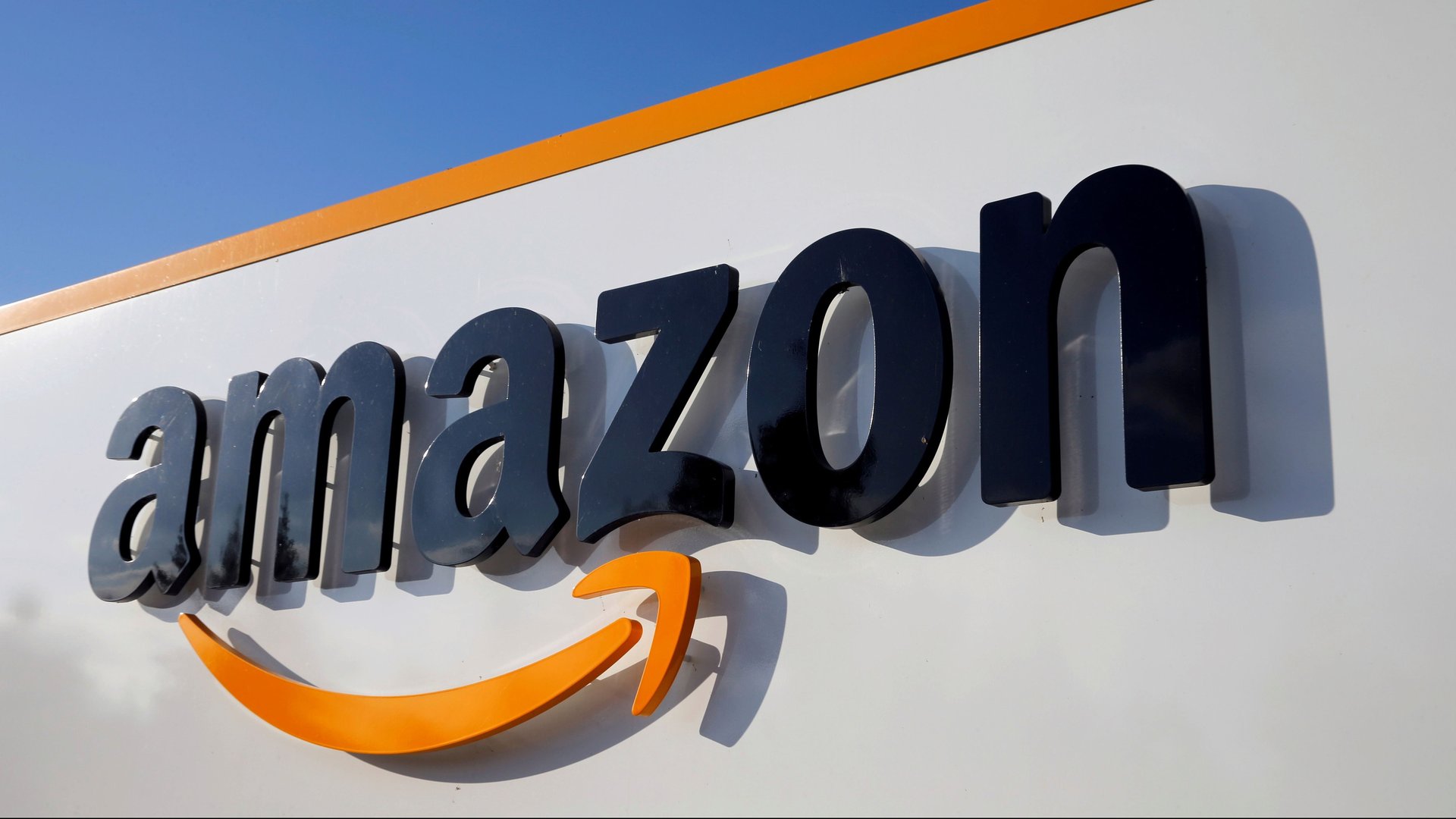A giant fashion trade group wants the US to label several Amazon marketplaces as hubs for fakes
Each year, the Office of the United States Trade Representative (USTR) publishes a list of “notorious markets” where counterfeit and pirated products are rampant, hurting US brands whose intellectual property is infringed. The list is a warning to consumers, but also a bit of public shaming of these businesses, which in the past have included markets like China’s Taobao.


Each year, the Office of the United States Trade Representative (USTR) publishes a list of “notorious markets” where counterfeit and pirated products are rampant, hurting US brands whose intellectual property is infringed. The list is a warning to consumers, but also a bit of public shaming of these businesses, which in the past have included markets like China’s Taobao.
This year, the American Apparel & Footwear Association (AAFA) wants some of Amazon’s marketplaces, where third-party sellers post their goods, added to that list.
The AAFA represents more than 1,000 brands, retailers, and manufacturers, and calls itself the “public policy and political voice of the apparel and footwear industry.” The specific Amazon sites it recommended for the notorious markets list were the UK, Canadian, and German marketplaces, which it told the USTR that its members found to be “the most unresponsive and non-compliant Amazon marketplace extensions.”
The AAFA added that it and its members have been in contact with Amazon, but that “little, if anything,” has changed over the past year. Their complaints include fakes, inconsistent responses from Amazon to address problems, and various issues that make it hard for shoppers to discern if they’re buying from Amazon or a third party, and if that third party is an authorized seller of a product. They even called out Amazon’s brand registry, which is supposed to help businesses protect their registered trademarks on Amazon, saying members hadn’t found it particularly useful.
Amazon.com itself escaped the AAFA’s recommendation to be labeled a notorious market, but largely because the notorious markets list looks at foreign markets. In its comments to the USTR, the AAFA notes that “it is important to emphasize that many of AAFA’s members report the same issues detailed in this section also persist on Amazon.com.”
In a statement, Amazon said in response to the AAFA’s letter: “We invest tremendous resources to protect our marketplace from inauthentic goods and will continue to work with AAFA and its members to protect their intellectual property and our customers.” Amazon noted that it has a global team available around the clock to deal with these issues, and that it investigated and acted on 95% of all the notices of infringement it got from its brand registry within eight hours.
Amazon has been trying to crack down on sales of counterfeits on its sprawling marketplaces, which together accounted for more than half of all the goods Amazon sold in 2017. It uses machine learning and automated systems to weed out fakes, but it also has to rely on sellers, who are easily able to register for accounts, to follow the code of conduct they agree to when they sign up, which has gotten Amazon into trouble before. Unsavory products, like children’s clothes with the slogan “Slavery gets shit done,” can turn up, drawing backlash from shoppers. The proliferation of counterfeits on the marketplaces ultimately led Birkenstock to stop selling its popular sandals on Amazon.
“Amazon has been a leader of, and has made valuable contributions to, the future of retail,” Rick Helfenbein, president and CEO of the AAFA said in a statement. “We believe Amazon can, and should, be a leader in the fight against counterfeits.”
This story has been updated to reflect further clarification Amazon provided on its automated systems to prevent counterfeits being sold in its marketplaces.